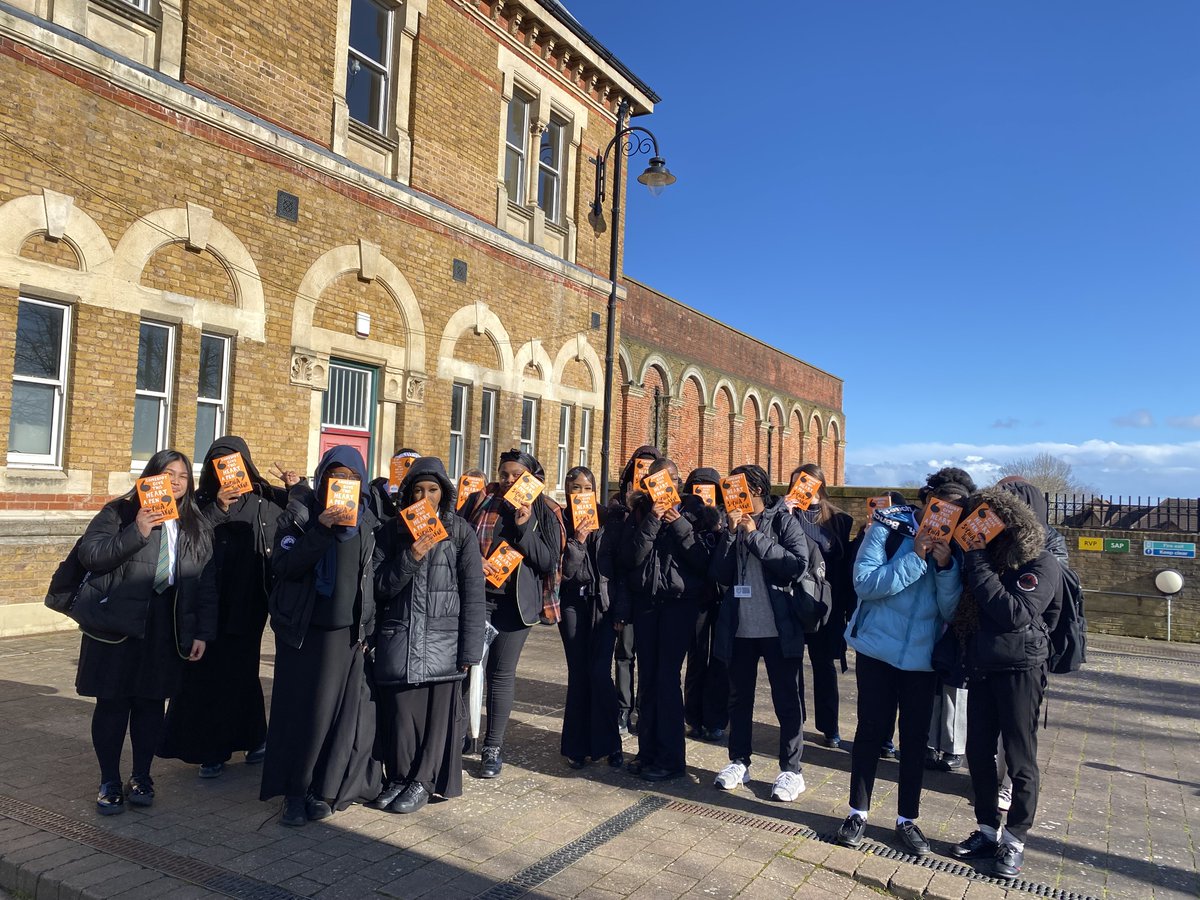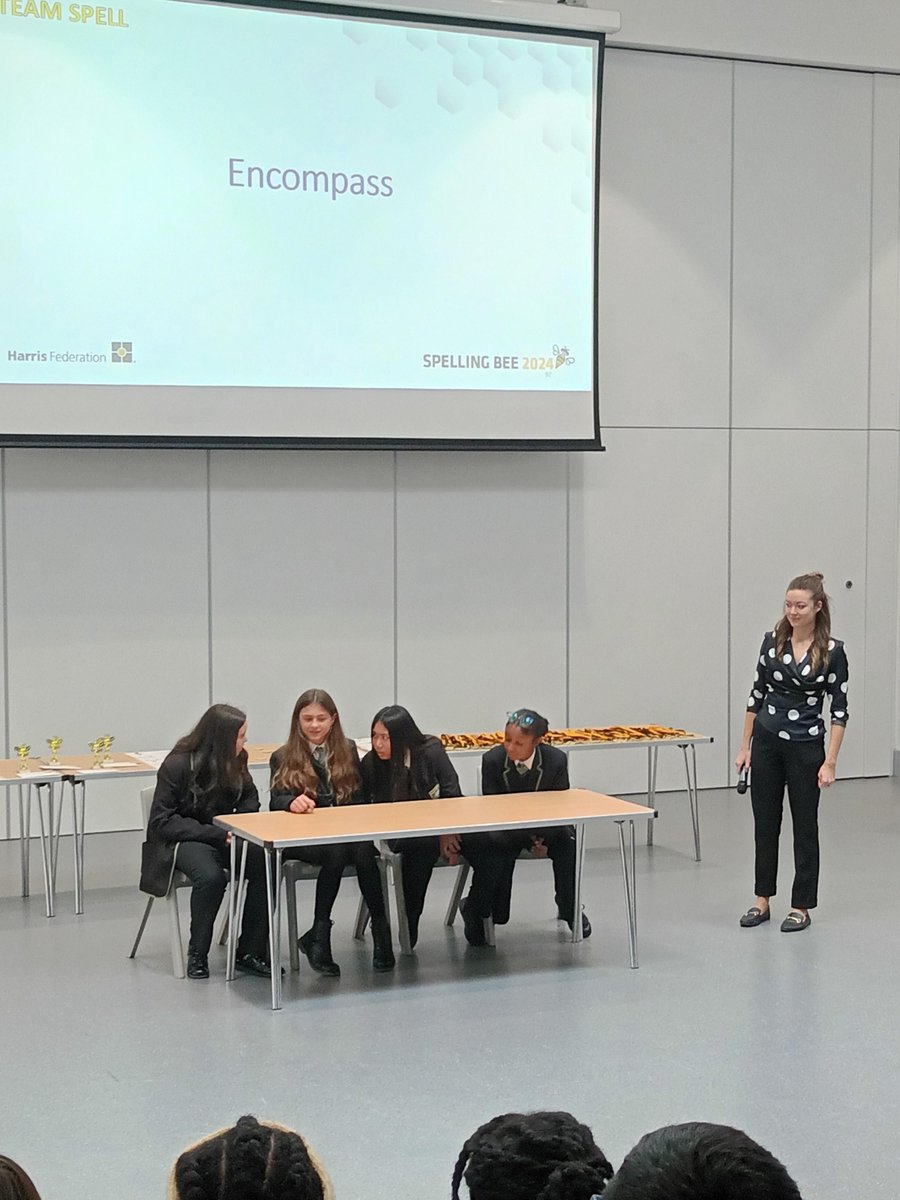Vocabulary and Reading
On this page we'll include information for parents about how we support reading and vocabulary at Harris Academy Battersea, and how parents can help too.
 Reading Cloud - online library
Reading Cloud - online library
Click HERE to access Reading Cloud, our school online library system, where you can search for and reserve books.
Reading Cloud also gives your child access to over 2000 online books. Each student will have been given their individual username and password in school. Please click HERE for the full list of online books available.
Vocabulary glossaries
See our latest vocabulary glossaries for each subject. Students will be tested on their newly acquired vocabulary across all subjects. To help them revise, please see the glossaries for your child’s year group (downloads are Excel documents).
- Year 7 - Vocabulary Glossary (all subjects)
- Year 8 - Vocabulary Glossary (all subjects)
- Year 9 - Vocabulary Glossary (all subjects)
- Year 10 - Vocabulary Glossary (all subjects)
- Year 11 - Vocabulary Glossary (all subjects)
Click HERE to see the 'how to use' guide for parents/carers, including tips on how to use the glossaries at home.
Bedrock Learning
Students are now using Bedrock Learning, an online programme where they can access both non-fiction and fiction texts to improve their reading skills and learn new vocabulary that will enhance the way they read, speak and write across all of their subjects.
 As students progress through the Bedrock curriculum, they will study hundreds of new words.
As students progress through the Bedrock curriculum, they will study hundreds of new words.
Research has shown that there is a direct link between a student’s vocabulary size and their academic achievement. Children with a wider vocabulary make faster progress at school, in further education and beyond. Narrow vocabularies affect directly students’ grades.
Students will complete two lessons of Bedrock per week. Students will have seven days to complete both lessons. The work will be set as homework by their English teacher. This means that their English teacher will be monitoring the completion.
You can log in to Bedrock at https://app.bedrocklearning.org/
When students first log in they will be asked to complete an alpha test. This must be completed on their own as it means that the programme is designed around them.
Individual login details have been sent to all parents in separate letters.
How can parents help?
- Sit through one Bedrock lesson with your child. You’ll get a clear idea of how long it should take them and the level they should be working at.
- If you have not done so already, create your Bedrock parent account. You will require the access code sent to you from HABS by email and the student code sent to your child’s email address. Click HERE to download the Bedrock parent guide, if you need help.
- Check the Vocab Notebook and the recent activity report to monitor your child’s progress. Congratulate them when they complete a topic- this will keep them motivated through the next one!
Reading Strategies
Here are some reading strategies you can use in Key Stage 3 and 4, depending on the reading level of your child. You can also download these reading strategies as a pdf.
If reading is not yet on track
Not yet able to demonstrate:
- An ability to deal with large text-based work without continuous help
- An ability to infer without support and will only be able to infer if they have previous contextual experience linked to the text
Strategies to support reading
- Support your child to read every day for 20 minutes minimum - you can read to them which helps them read texts fluently or they can read to you. Either one of these strategies supports your child in developing their reading skills
- Predict content by looking at title/images/questions - Encourages students to actively think ahead and ask questions
- Infer – guess meaning based on the context of the story – Encourages students to find clues in the text and use what they already know to fully understand the text
- Ask what kind of word it is (noun/adjective/verb) - Encourages your child to read, understand written and oral material and to communicate more clearly
- Break down words and say them out loud – Encourages students to decode words that they've heard but have never seen in print, as well as sound out words they're not familiar with
Use their blue vocabulary book to note down new words and definitions – Encourages students to learn meaning of new words that are not part of their oral vocabulary
If reading is on track (reading age matches physical age)
Not yet able to demonstrate:
- An ability to decode subject specific vocabulary without support.
- An ability to recognise multiple meanings for the same word without guidance
Strategies to support reading
- Support your child to read every day for 20 minutes minimum - you can read to them which helps them read texts fluently or they can read to you. Either one of these strategies supports your child in developing their reading skills.
- Identify and discuss difficult words, phrases and concepts - Encourages understand unfamiliar words so that you can interpret the overall meaning of a sentence
- Decode word definition from the context and look for clues surrounding the word – Encourages students to become more resilient readers
- Summarise what was read by retelling the main ideas – Encourages students how to integrate central ideas of a text and improve their memory
- Paraphrase sentences or paragraphs – Encourages students to discern important information from a text in their own words
Use their blue vocabulary book to note down new words and definitions – Encourages students to learn meaning of new words that are not part of their oral vocabulary
If reading is exceptional
Not yet able to demonstrate:
- An ability to independently decode new subject specific vocabulary
Strategies to support reading:
- Support your child to read read every day for 20 minutes minimum
- Select a book from the reading lists on our website that is appropriate for their reading age (a challenging book should be at least 1-2 years above their reading age). Google also provides reading ages for most books
- Draw links between words with the same root (child, children, childlike, childhood, childish) – Encourages students to enrich their vocabulary and decoding skills
- Pronounce and spell words to enhance memory – Encourages retention of ambiguous or irregular words
- Think of synonyms/antonyms for newly learned words to improve chance of remembering – Encourages students to learn multiple meanings of words
- Paraphrase sentences or paragraphs - Encourages students to discern important information from a text in their own words
- Use the blue vocabulary book to note down new words and definitions – Encourages students to learn meaning of new words that are not part of their oral vocabulary
 Lit in Colour
Lit in Colour
Penguin have launched a new initiative, called Lit in Colour, to try to diversify student reading habits and promote writers of colour among school students.
Please click HERE to see a reading list of recommended texts which we now have in stock in our library.
Why not encourage your child to take one of these out during their library lesson and read this at home?
























